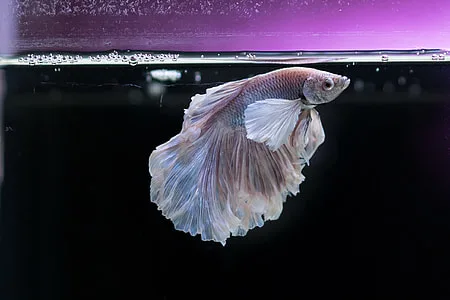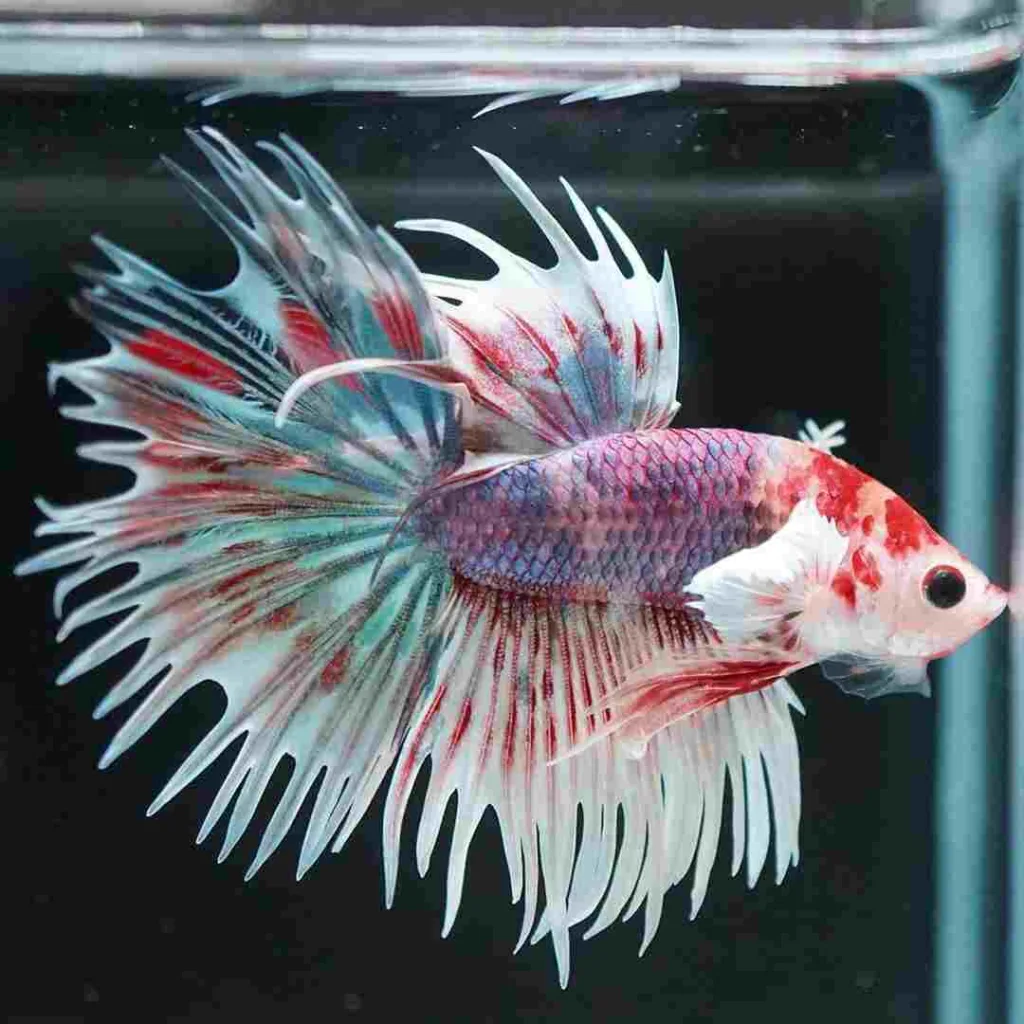Hey there, fellow fish enthusiasts! It’s Mohan from Betta Fish Universe, and today we’re diving into a question that’s been buzzing around fishkeeping communities – “Is my female Betta fish pregnant?” I stumbled upon this query in Google searches, comments, and various Betta Facebook groups, prompting me to address it. So, let’s get straight to the point and demystify the concept of pregnant Betta fish.
Understanding Betta Reproduction: Eggs and Absorption
To put it briefly, your female Betta isn’t pregnant in the conventional sense. When she produces eggs, they remain unfertilized unless there’s a male around for spawning. In the absence of a mate, the female will eventually reabsorb these eggs into her body. Now, here’s an interesting tidbit – if you’re feeding her heavily, she might appear “eggy” for a more extended period. “Eggy” is the unofficial term breeders use when a female has a substantial number of eggs in her body. You can somewhat control this by adjusting her feeding habits.
Mating Dynamics: Exposure to Males and Egg Production
Exposure to males can influence egg production. If a female encounters another male, it can trigger her to produce more eggs. But, and here’s the twist, from my personal experience, if you expose a female to a male for an extended period without a chance to spawn, she might actually reduce her egg production. It’s a bit contrary to what you might commonly hear, but that’s the fascinating world of Betta fish dynamics.
Dealing with Constipation: Dietary Considerations
Speaking of constipation, it’s not uncommon for fish to get a bit chunky, especially if they’re overindulging in dry foods like pellets or flakes. Crown tail females, with their unique body shapes, might always appear big, and that’s perfectly normal. If your fish does seem excessively large, consider fasting her for a couple of days to trigger the reabsorption of eggs.
Live-Bearing Fish: Adding to the Confusion
Now, here’s where it gets interesting. Some fish species indeed get pregnant and give birth to live baby fish. Take the Guppy, for instance. The male fertilizes the female internally, and she gives birth to live fry. This might be where the confusion arises for Betta owners who notice their female Betta getting larger.
Cellophane Fish: Transparency and Ovary Visibility
If you have a cellophane fish – one without pigment or with a semi-transparent layer – you might actually see the eggs and ovaries inside her body. Using a flashlight or the flash on your phone can help illuminate the fish from the back, making her slightly more transparent.
In Conclusion: Embracing Natural Maturation
In a nutshell, don’t fret if your female Betta seems a bit big or eggy – it’s a natural part of their maturing process.


